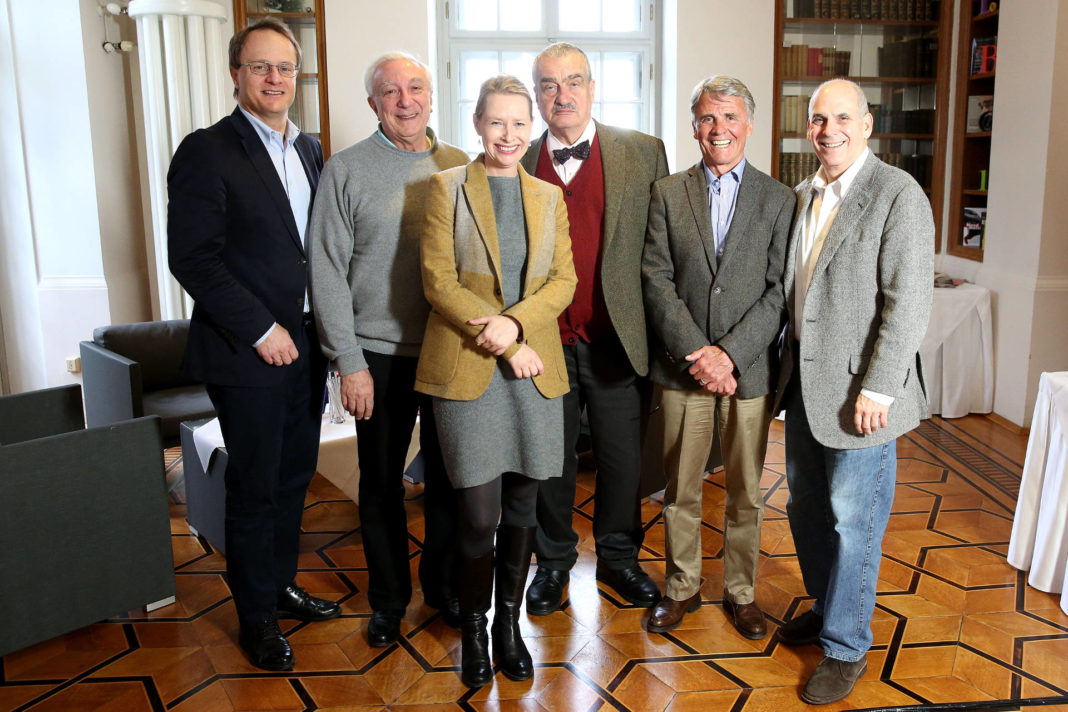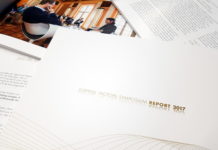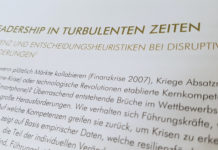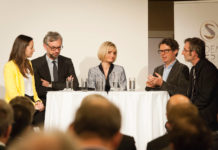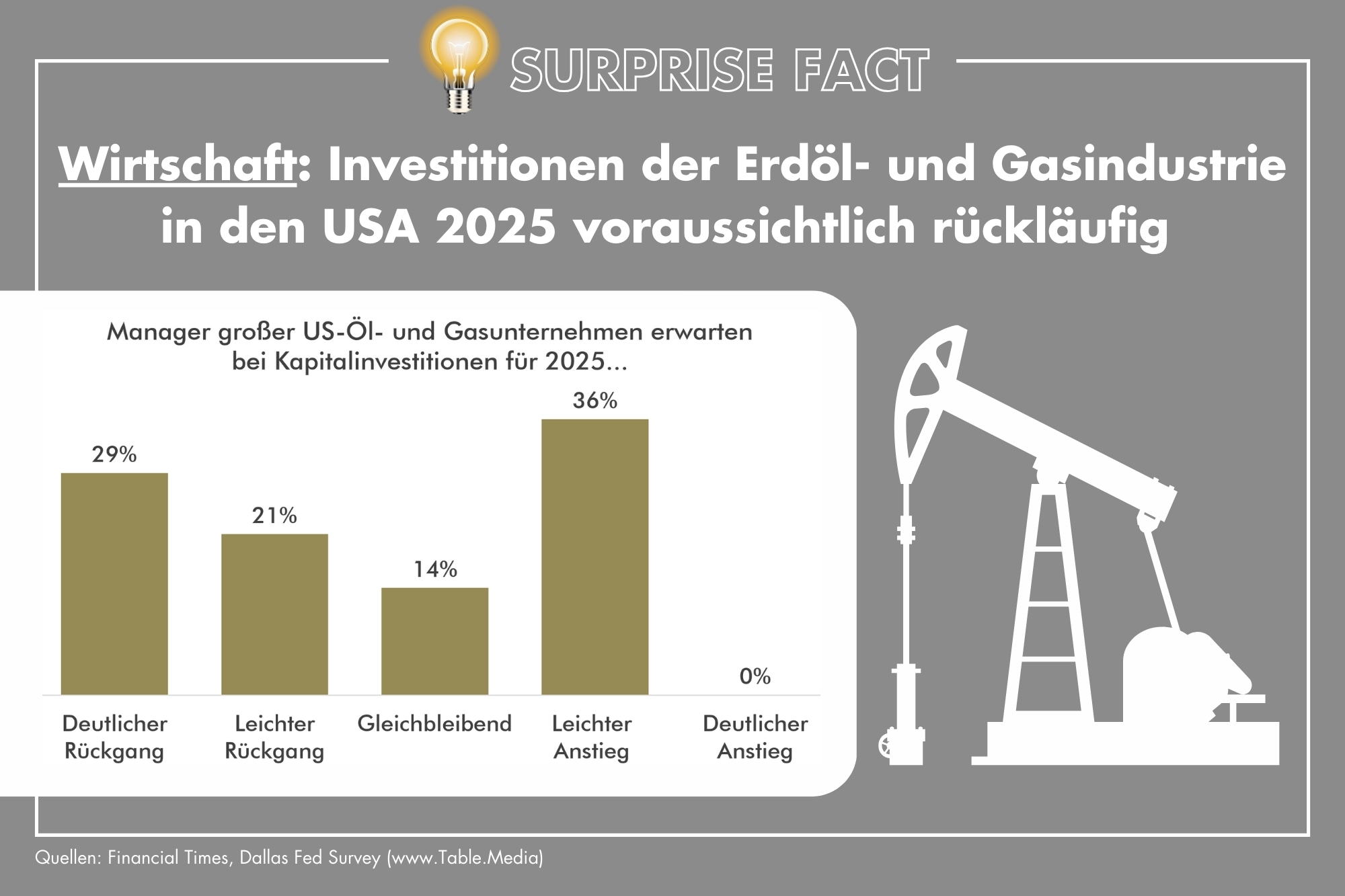The fourth SURPRISE FACTORS SYMPOSIUM was held in Gmunden from March 14 to 16, 2014. International experts came together to exchange ideas on crossing borders and to discuss surprising aspects — those SURPRISE FACTORS that gave its name to the symposium. The academic dialogue was moderated by Markus Hengstschläger together with US journalist and governor candidate from New Mexico, Alan Webber.
To identify the issues that we will encounter tomorrow and in the future, that is the task of ACADEMIA SUPERIOR. It is against this background that the topic of this year‘s SYMPOSIUM with all its facets has to be understood:
„Beyond borders — the strength to emerge from crises.“ Borders and boundaries accompany us at every turn for a lifetime. For centuries people have lived within self-imposed limits or boundaries provided by nature. If we are confronted with a boundary the question arises how to deal with it: Should we respect it or is it necessary to re-draw or even to ignore it?
„Borderline experiences“ can have positive effects or result in crises. The crucial challenge is not to be discouraged by defeats or crises and to take on life again and again.
Where do you draw the line between courage and ignorance, caution and cowardice?
The symbol of the jack-in-the-box stands for resilience, i.e. the power to cope with crises and to stand up even stronger after a defeat. The participants agreed that this ability is extremely important. But how can it be strengthened? Do we have to consciously leave our comfort zone to become more resilient? Do we have to get to the edge of what is reasonable? And how can we pass this power on to our children so as to prepare them for the future?
This year„s experts discussed their experiences with boundaries and crises in their respective areas of expertise and tried to draw pertinent conclusions and to gather new insights. What can politics learn from extreme sports? How can crises be anticipated? On the last day, students from YOUNG ACADEMIA discussed the boundaries they perceive in Upper Austria and the risks and opportunities for young people which these boundaries entail.
ACADEMIA SUPERIOR PLENUM
The annual highlight of the SURPRISE FACTORS SYMPOSIUM is the public evening event, the ACADEMIA SUPERIOR PLENUM. Again this year, around 450 people came to the Toscana Congress center to gain an insight into what had been discussed among the experts during the day.
Tyrolean mountaineer Peter Habeler opened the evening by sharing his experiences in the successful first ascent of Mount Everest without supplemental oxygen and his defeat when climbing K2. „Everyone in this room has his or her own summit. Everyone has his or her own Everest.“ Habeler describes how we all have to face limitations and how we have to decide in each case what has to be done. Dealing with boundaries is a balancing act, which requires courage and prudence. Overcoming a boundary may result in peak performance or great disappointment. It is essential to follow your goal continuously. It also takes wisdom to accept when you cannot go any further — this does not only apply to a hostile environment like the K2.
YOU ALSO MUST BE ABLE TO TURN BACK
President Michael Strugl pointed out in his opening speech that it is not just about surviving and overcoming crises but also about learning from them for the future: „How can we gain even more strength from this situation of crisis and global competition which concerns all of us? As an economic location we are challenged not only to come out of it safe and sound but to emerge from these crises even stronger.”
Governor Josef Pühringer established a link to the European Union and demanded that Brussels should show more respect for the sovereignty of its member states. Similarly, he emphasized the enormous significance of the Union, since „after all, a united Europe as a safeguard against waron this continent is the greatest achievement in the political history of the last century.“ In view of this, minor irritations over the European Union should be worth to be suffered as „there is no greater achievement than the abolition of war as a political instrument.“
How can you emerge from a crisis, not as a victim, but as a winner?
Markus Hengstschläger chaired the academic discussion with Eva Horn and John Casti, who explore the topic of crises from different angles. John Casti considers crises as opportunities and asks, „How can you emerge from a crisis as a winner and not as a victim?“ Possible ways to achieve this are examined by Eva Horn who analyzes films and literature. In her opinion, apocalypse simulations help us to go through crisis scenarios and to find out how politics, society, and individuals might respond without actually being exposed to crises. John Casti explores the reasons that lead to such collapses and sees the main danger in too much complexity. Especially large and ponderous systems are prone to serious breakdowns.
Karel Schwarzenberg draws a disturbing picture when he suggests that we are standing at a crossroads between an era of peace and prosperity and an uncertain future. According to Schwarzenberg, a long period of peace has made the post-war generation forget what war means. In the current Crimean crisis there is no fear of conflict — a symptom of crisis in Schwarzenberg„s opinion. He sees another symptom in the ever increasing similarity of all democratic parties and their inflexibility, which provides new — and less democratic — groupings with growing popular support. Karel Schwarzenberg launches an appeal for a greater focus on ideas within democratic parties and for an effort to make the profession of a politician more attractive. Moreover, he emphasizes the importance of a common foreign and security policy within the European Union.
We are facing a time in which foreignthreats are becoming real again.


